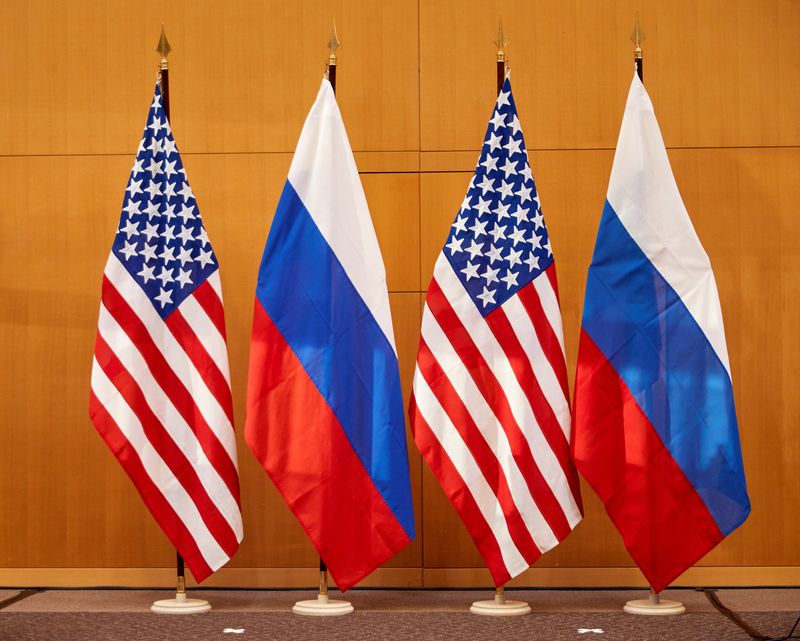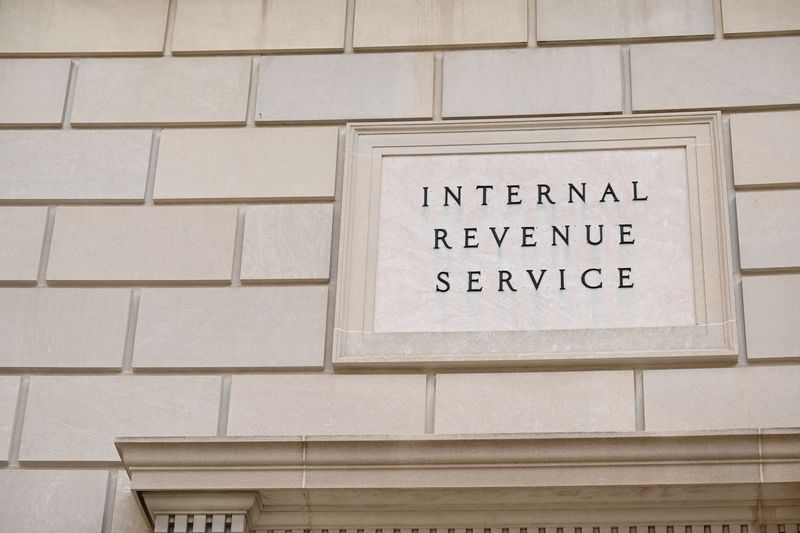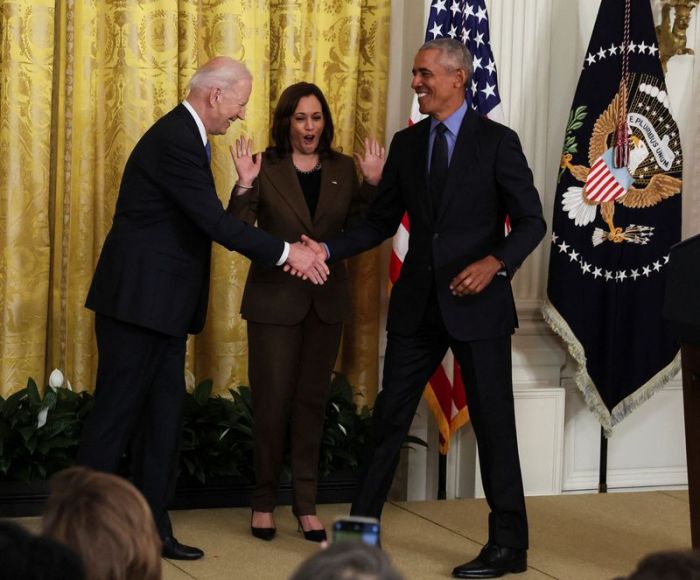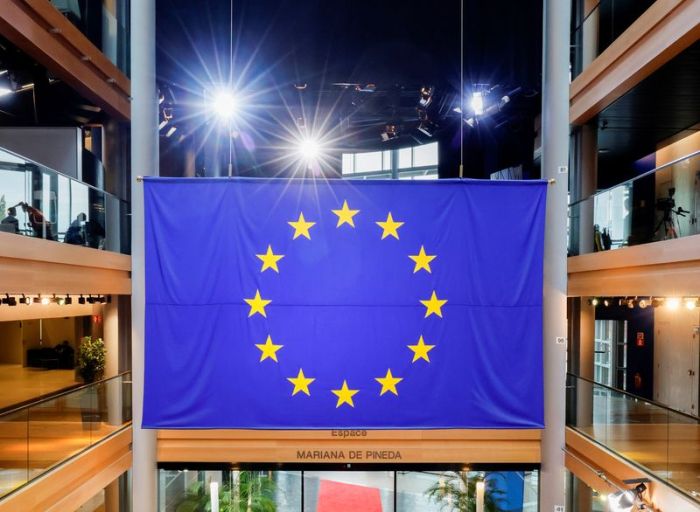WASHINGTON (Reuters) -The U.S. Internal Revenue Service has suspended information exchanges with Russia’s tax authorities in a bid to hamper Moscow’s ability to collect taxes and fund its war against Ukraine, the Treasury Department told Reuters on Tuesday.
Under a 30-year-old tax treaty, the IRS and Russia’s Federal Tax Service have shared information to aid domestic tax collections and enforcement of tax laws in both countries. The IRS can request information about U.S. taxpayers from Russian authorities and vice-versa.
The Treasury said it has not shared any tax information with Russian authorities since Russia’s invasion of Ukraine began on Feb. 24, but the action disclosed on Tuesday formalizes the suspension.
“This ensures that the United States is not providing any information that could contribute to the enrichment of the Russian government through increased tax collections or facilitating in any way the persecution of Russian dissidents or the targeting of Ukrainian citizens or businesses,” the Treasury said in a statement to Reuters.
It was not immediately clear how much revenue might be denied to Russia because of the suspension, which stops short of suspending the entire tax treaty that allows American companies and expatriates in Russia to claim U.S. tax credits against taxes paid to Russia.
U.S. Senators Rob Portman and Ben Cardin had urged that step https://www.portman.senate.gov/sites/default/files/2022-03/Russia%20Tax%20Convention%20Letter%20to%20President%20-%20FINAL.pdf in a letter President Joe Biden.
Portman, an Ohio Republican on the tax- and trade-focused Senate Finance Committee, welcomed the suspension of tax information exchange.
“The atrocities that (Russian President) Vladimir Putin and Russia are committing in Ukraine make it abundantly clear we must do all we can to hold them accountable. Suspending tax-related benefits is one small, but meaningful step towards that goal,” Portman said in a statement.
The panel’s Democratic chairman, Ron Wyden of Oregon, said he would soon introduce bipartisan tax legislation to increase pressure on Russia.
“Countries sharing tax information is part of welcome participation in our global economy – and Vladimir Putin’s war machine is no longer welcome,” Wyden said.
Britain, which in recent years had become a haven for wealthy Russian elites, said last month that it had halted tax information exchanges with Russia and Belarus, which is an ally of Moscow.
Late on Monday, the Treasury also blocked Russia from making $600 million in sovereign bond payments from funds held in frozen U.S. accounts, a move meant to force Moscow to drain dollars away from its war effort or default.
(Reporting by David LawderEditing by Chizu Nomiyama, Paul Simao and Marguerita Choy)

























